Will Israel’s new war with Iran spill over into the region?
Some experts told Breaking Defense the conflict would likely stay contained between Israel and Iran, but another warned that the only thing certain now is uncertainty.


People look over damage to buildings in Nobonyad Square following Israeli airstrikes on June 13, 2025 in Tehran, Iran. (Photo by Majid Saeedi/Getty Images)
BEIRUT — In the wake of Israel’s surprise overnight attack on Iran, analysts expect a wave of back and forth attacks in the coming weeks between the two rivals — while hoping not to see escalation into a full-on regional conflict.
Israel’s “Rising Lion” attack targeted nuclear sites as well as Iranian scienists and military leaders, including killing Islamic Revolutionary Guard Corps (IRGC) chief Maj. Gen.l Hossein Salami and Iran’s armed forces Chief of Staff Maj. Gen. Mohammad Bagheri. Israeli media quoted an IDF spokesperson as saying 200 aircraft struck more than 100 targets with more than 330 munitions.
Iran’s response to the attack came quickly, as it has reportedly launched 100 drones to attack Israeli targets. “The [Israeli] regime must await a severe punishment,” Islamic Revolution leader Ayatollah Seyyed Ali Khamenei threatened today.
The expectation now among regional watchers is that the two sides will continue to exchange fire.
“Israel’s strike was not merely a limited counter-proliferation operation but a larger series of attacks that targeted regime decision-makers and military planners somewhat similar to the gutting of Hezbollah’s command and control networks back in September 2024,” Behnam Ben Taleblu, a senior follow at the Foundation for Defense of Democracies, told Breaking Defense.
FULL COVERAGE:
- Israel targets Iranian military leaders, nuclear sites in wave of strikes: IDF
- Houthis have previously used modified Scud missiles to strike Israel: Exclusive analysis
- Iran’s air defenses around Natanz nuclear site more ‘brittle’ than expected: Exclusive analysis
He expected the drone attack to “likely to be the beginning of a larger, more layered attack where Tehran may attempt to prove quantity can have a quality of its own.”
Defense expert and retired Lebanese armed forces general Naji Mlaeb told Breaking Defense that Israel opened “hellfire upon itself,” by this attack. And yet he seems to believe that the conflict may end up relatively isolated.
“Today we are facing a very dangerous situation, but it is confined between Israel and Iran and I don’t expect it to escalate for the entire region,” he added.
Retired Lebanese armed forces general Wehbe Katicha agreed, highlighting that it is not in Iran’s interest to escalate and attack US military bases in the region, as such a move would likely draw the US into the conflict.
“I don’t think the war will include other countries of the region. The confrontation is between Iran and Israel,” Katicha said. “Iran has no interest in targeting the US army. I don’t think it will expand. Rather, I think it will be a confrontation between Israel and Iran, especially with Iran’s limited capabilities,” he told Breaking Defense.
However, Paul Salem, Middle East Institute senior fellow, was less sanguine about the risks.
“Yes, I do think like an all war [is possible],” he said. “One big element is unpredictability and uncertainty, so no matter what …. we have [the] factor in the unknown and uncertainty for sure.”
Iran’s semi-official press agency Tasnim, reported that the general staff of Iranian armed forces said “there remains no limit to the scope of Iran’s response to the Zionist regime which has crossed all redlines by attacking the Islamic Republic,” a stance that would seem to open the posibility of attacks elsewhere in the region.
Already, other countries have had to react to the conflict. Iraq and Jordan closed their airspace, and Jordanian air defenses reportedly intercepted incoming Iranian munitions that Jordan said were a risk to land in its territory. (In the last exchange between Israel and Iran in 2024, Jordan played a notable part in intercepting Tehran’s weapons.)
“Jordan has not and will not allow any violation of its airspace, reaffirming that the Kingdom will not be a battleground for any conflict,” government spokesperson Mohammad Momani reportedly said.
All the experts agreed that attacks on the Gulf Cooperation Council (GCC) countries were unlikely.
“The GCC isn’t the weak link within the regional security structure, and Iran understands that very well,” Bahrain-based strategic expert and political researcher Abdullah Al Junaid told Breaking Defense.
“The GCC security apparatus will definitely be a high alert, and Iran would rather keep it between the two foes instead of a wider conflict,” he said highlighting that these states “will not tolerate any infringement on its sovereignty by any warning parties.”
Ben Taleblu noted that Gulf states are looking for “de-escalation and de-confliction to make sure the conflict does not spill onto their own soil, much remains in Tehran’s hands at the moment if the fronts widen.”






















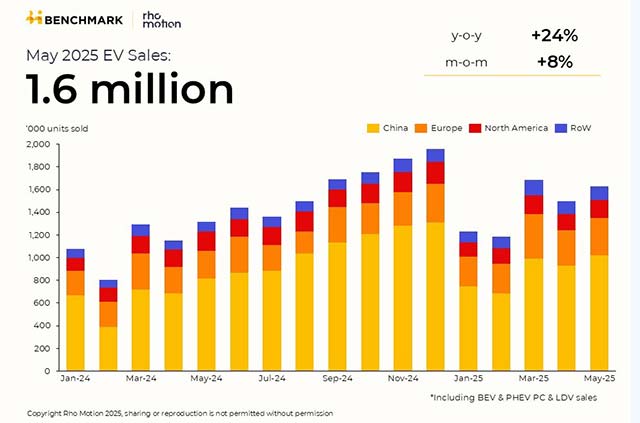




























































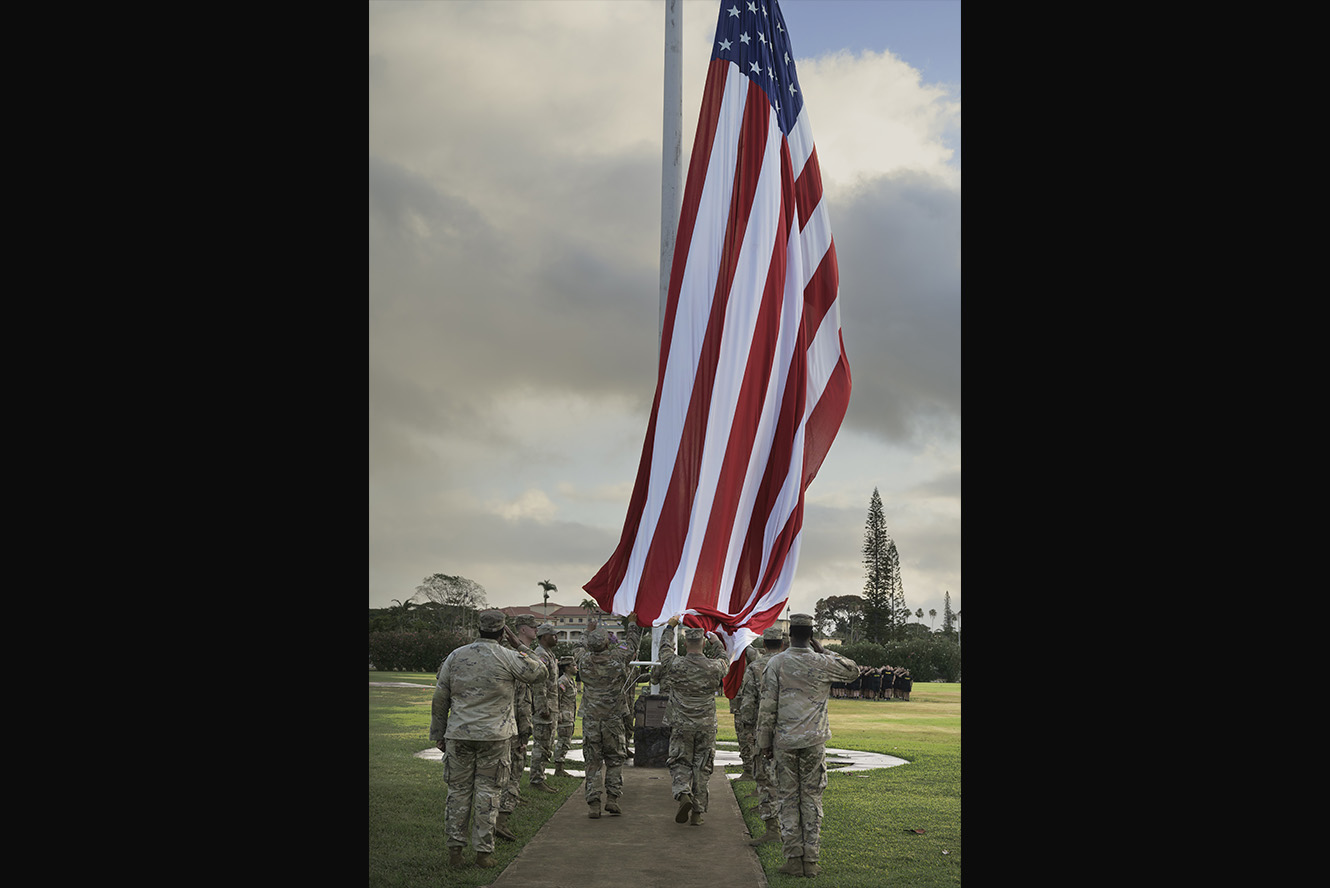

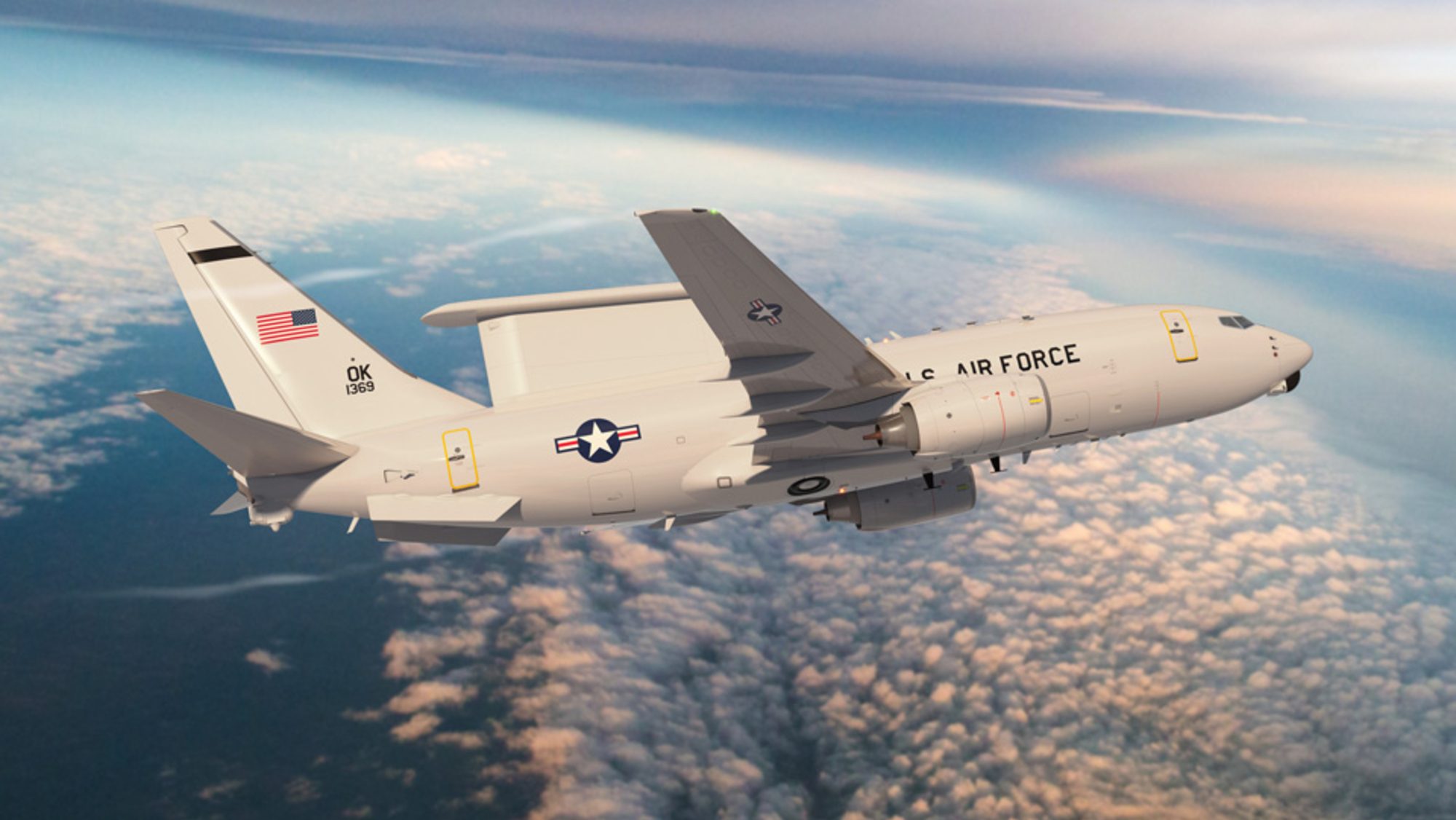














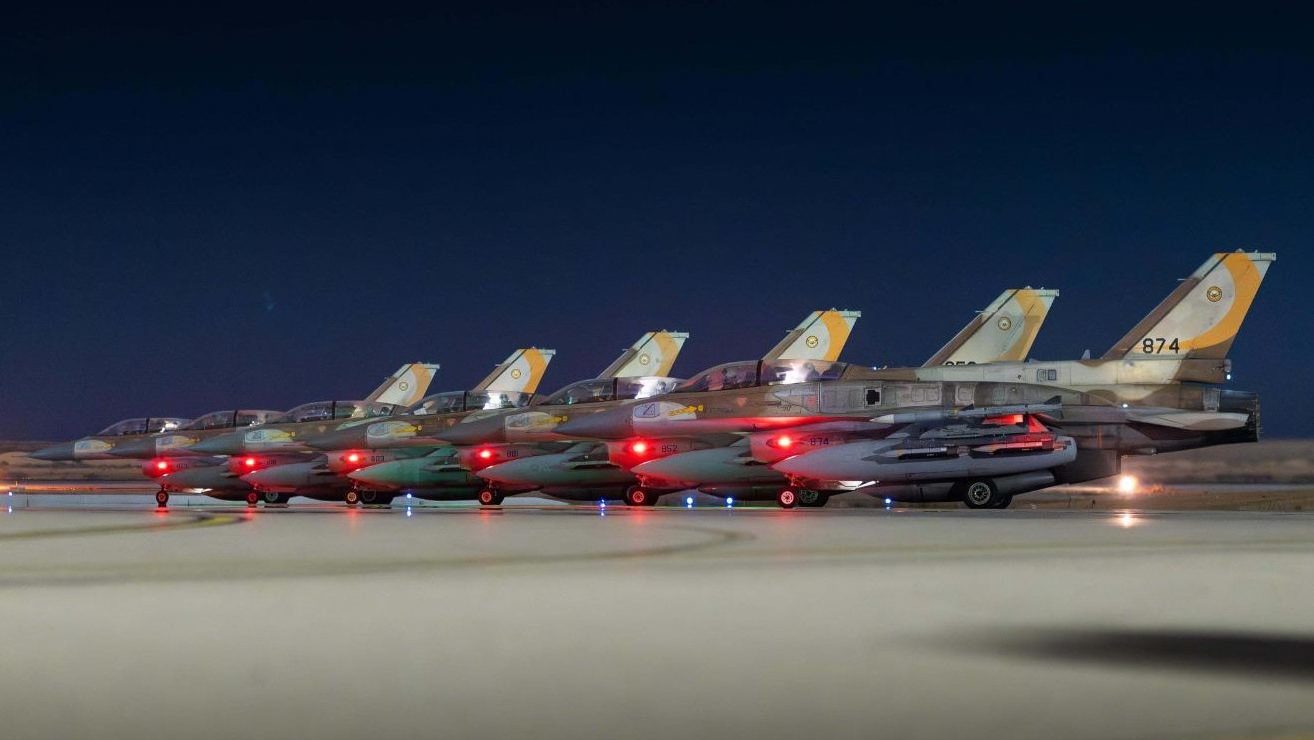
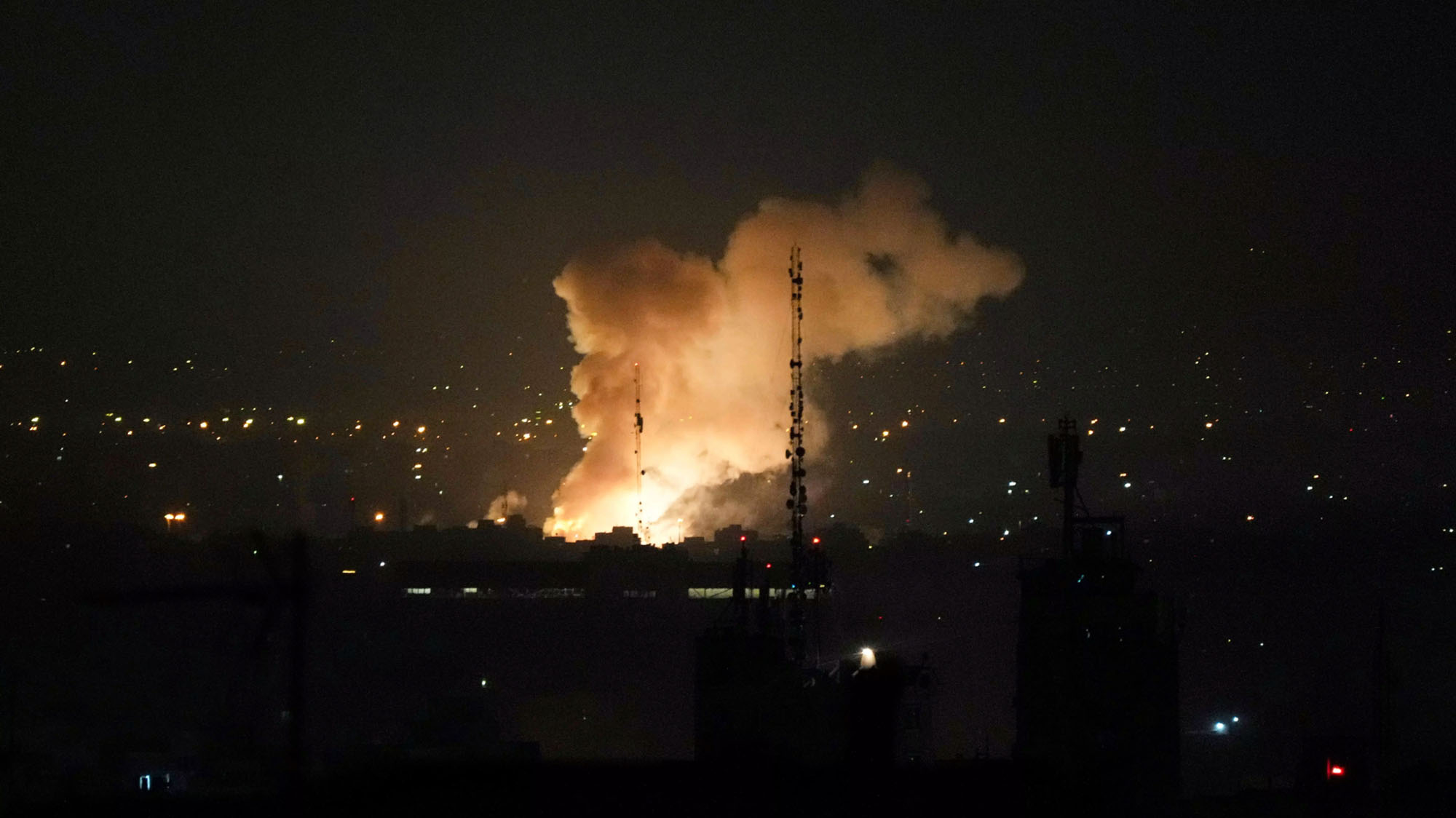
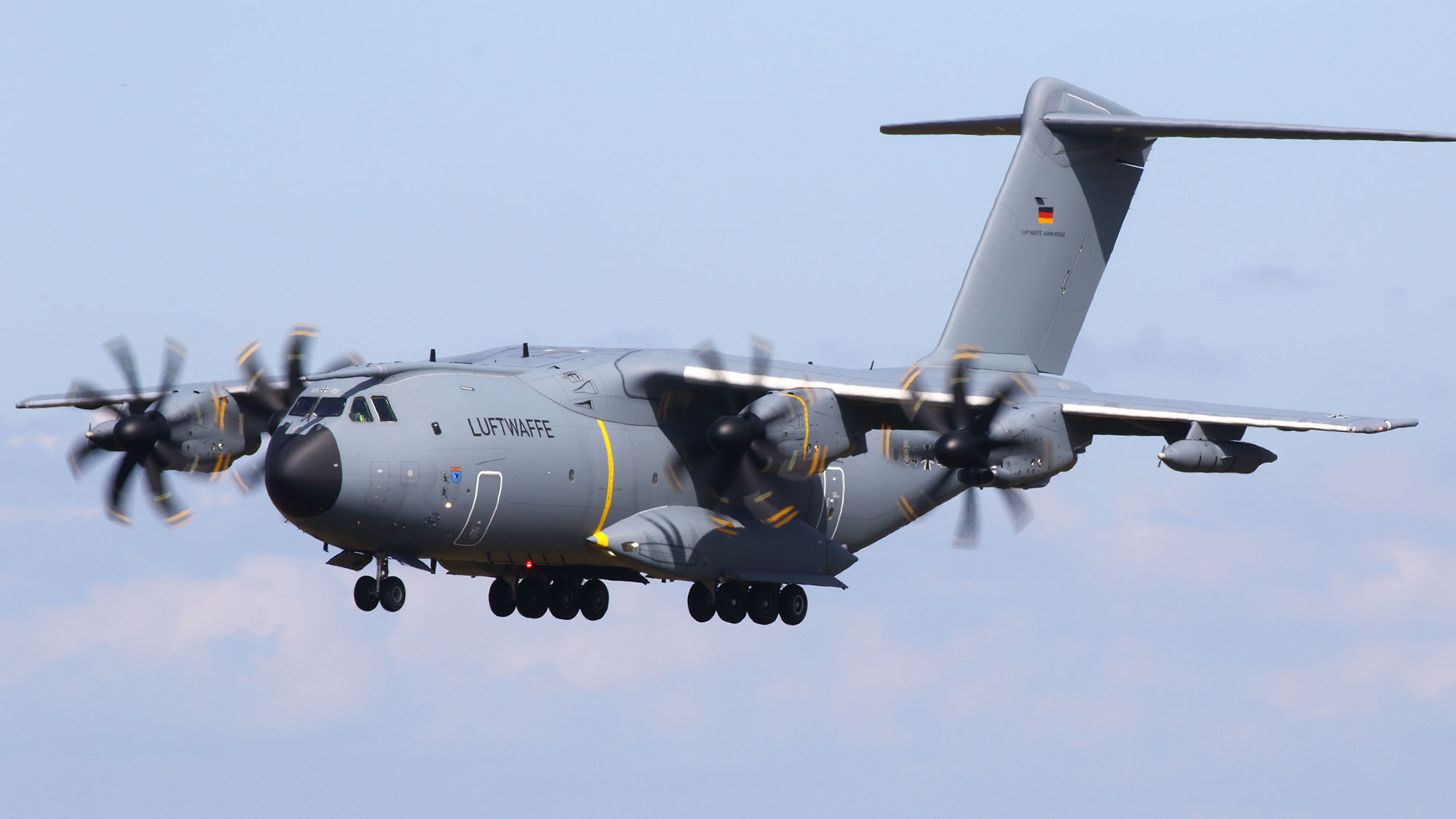




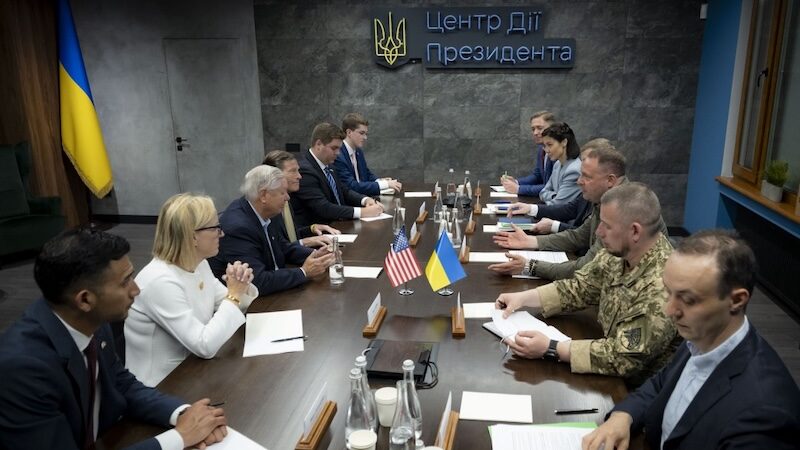
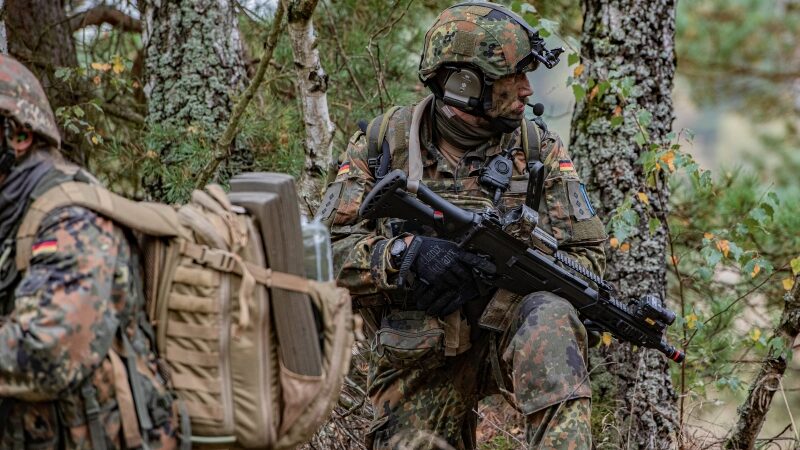
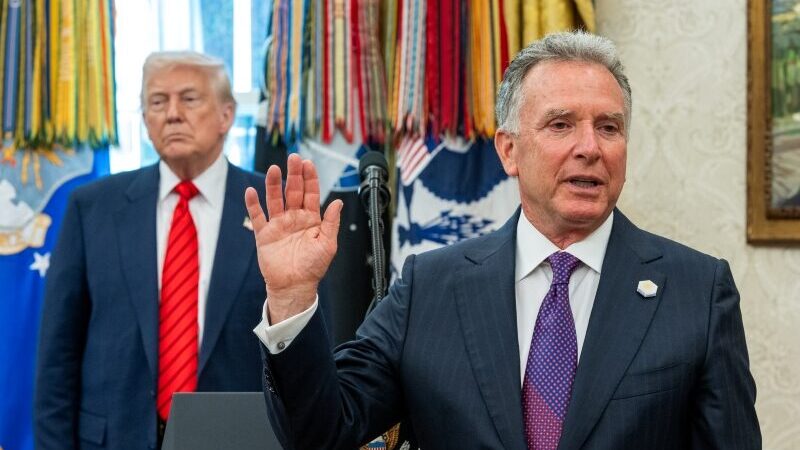




























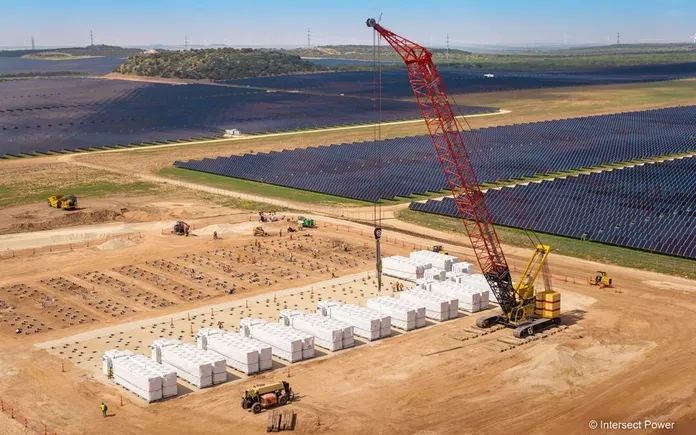
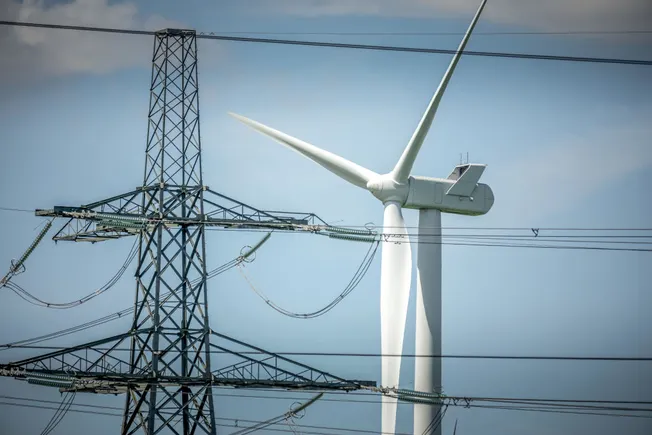



![The F-35’s future: The power and cooling competition that could change everything [Video]](https://breakingdefense.com/wp-content/uploads/sites/3/2024/09/240924_F35_moon_USAF-scaled-e1727200160419.jpg?#)


